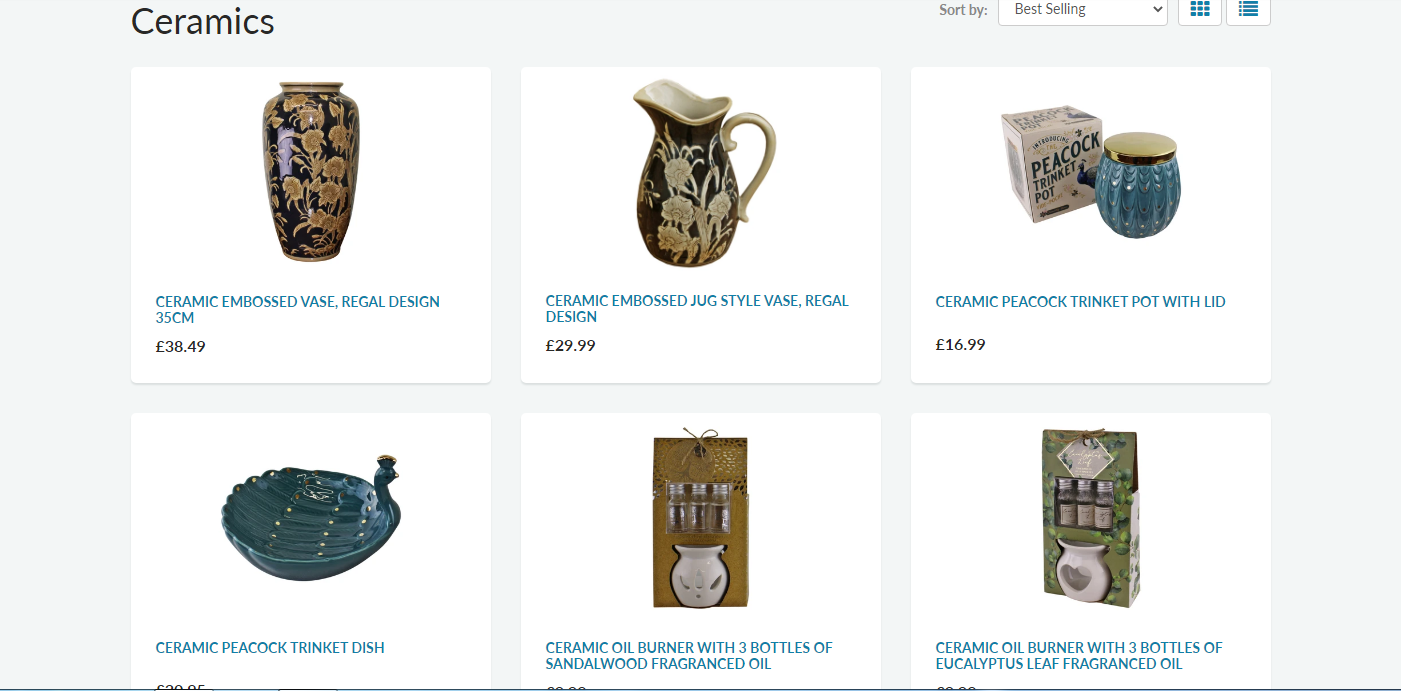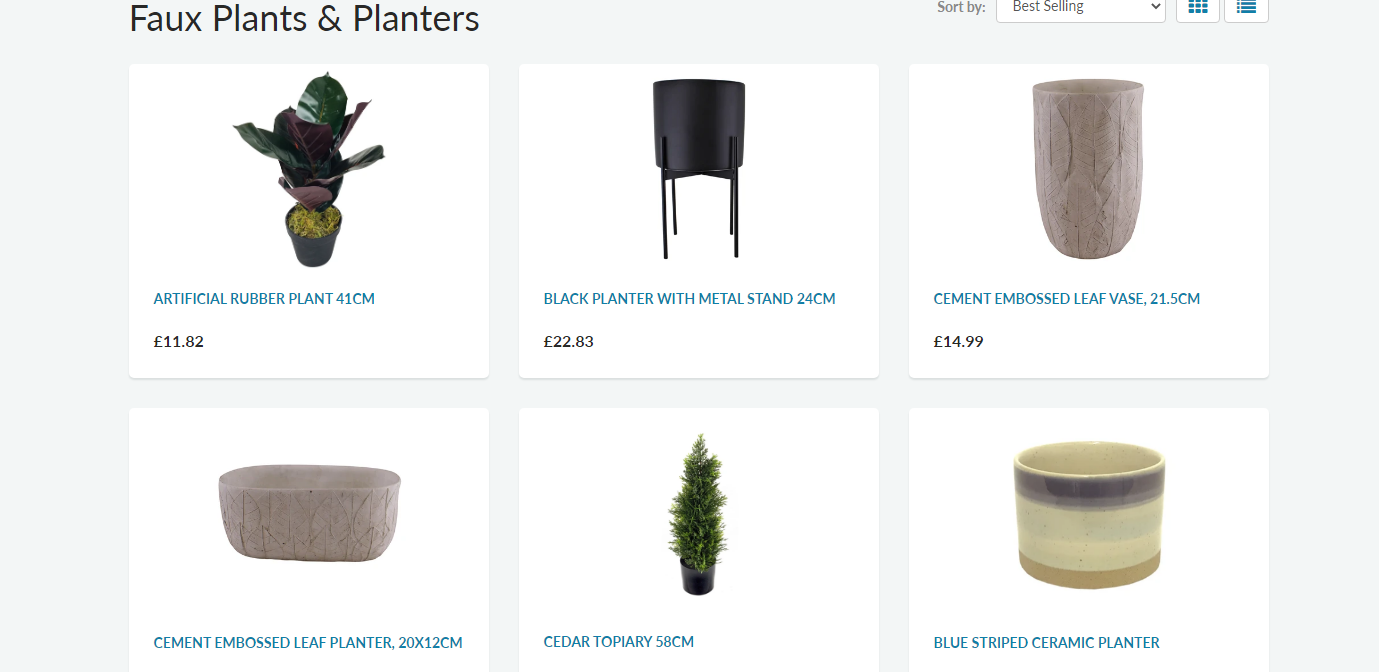Serving Success: A Look Into This Family-Run Homeware Business

Starting an E-commerce business all by yourself is no easy feat, especially in today’s briskly-paced time. In spite of the advent and access to the best of what technology has to offer, and all a … of digital resources – running a trade solo isn’t really a cakewalk. Moreover, when you add the upheaval caused by the pandemic to all of this, it’s a different kind of a roller-coaster all spiraled up in one ride.
Still, the pandemic and post-pandemic period have visibly given the space and time to a lot of small business owners to make the big leap. With the world on a collective slow-down, a lot of local businesses, thrift stores and locally run and funded set-ups have seen their long impending rise at last. A lot of those who didn’t have the hours or room to do so, have come together to take the time in hand to their advantage – and invest in businesses they can call their own.
The support-local movement has successfully managed to not just create a broader medium for independent businesses to scale up, but has also pushed the audiences to sit up and take notice.
Recently, we caught up with one such business owner – who decided to take the plunge into starting his own home ware range – Remgent.
For Ross Gent and his wife Emma, the road to building their own E-commerce set-up wasn’t the smoothest of rides. A lot of trial-error, picking up on new learnings and most importantly – unlearning what doesn’t work was what it took for this family-run business to stand it’s own ground. What came after was nothing short of brilliance – a thriving, independent business, and one that’s quick to not just grow but adapt to changing tides as well.
Take a read-through to learn more about this incredible founder and his story.
Ross’s story, in his own words
Since the age of 16 I have always worked for others and watched how their businesses grew through the hard work of their staff. I’ve always had a longing for more than a 9-5 job and wanted to build a business of my own but believed this was only available to those with capital to begin or those with a university degree.
After having children I felt my employment was so inflexible that I was missing out on a large portion of family life. This spurred me on to start my own business.
I founded the business in 2018 from my garage and have slowly grown this from selling 1 item on Amazon to selling around £130000 last year through our own site at our own premises.

The inceptive challenges of building an E-commerce set-up
I initially began retail arbitrage on Amazon and quickly moved onto wholesale Amazon FBA. One of the biggest challenges was finding the confidence to pick up the phone and approach manufacturers in order to obtain accounts to sell their products. This was extremely difficult for a new business and I received a lot of knock backs and closed doors.
I eventually obtained an account with one wholesaler and in 2019 opened our own online store – Remgent. I learnt during this time to continue building relationships with suppliers even if you can not initially open an account with them. I spent 18 months building a relationship with one of the largest kitchenware suppliers in the U.K and eventually began selling their products in our store.
” Some days nothing seems to go in your favour and opportunities often seem limited. However we learnt to never give up, to take a step back and look at the problem from a different perspective. This allows alternative opportunities to arise. “
Learning – Unlearning : keeping the business afloat
Our business began with just £100 investment. Due to this we did not have the funds to obtain advice from legal teams, accountants or marketing agencies. As such we have had to educate ourselves along our business journey. I naively believed that once our own site went live then the customers would begin flooding to the store in order to buy our products. Our store went live and we had 5-6 visitors in the first few days.
Over the last 18 months I have had to educate myself around Google PPC campaigns, social media marketing, copy-writing and search engine optimization. Prior to starting the business I searched the internet, YouTube and Facebook for opportunities to make money online. E-commerce appealed to me so more research was conducted via youtube to educate myself on the Amazon FBA program.

A day in the life of Remgent’s founder –
After dropping the kids at school, I head to the office and check emails in order to deal with any issues any customers may have. Orders are then processed, picked, packed and collected by the courier at the end of the day. I pick the kids back up after leaving the office and spend time with them prior to them going to bed. My evenings are then spent planning the month’s social media, updating the site with new products, optimising our Google ads or implementing our SEO strategy.

What does the brand offer?
Remgent.co.uk sells kitchen and homeware products to the trade and public. From basic baking equipment to high end kitchen knives. We stock a wide range of kitchenware that appeals to all budgets and have supplied home cooks and some of the most prestigious restaurants in the country.
We offer a diverse array of products from the likes of Stella, Judge, Richardson Sheffield and Viners. Recently, we’ve also expanded our range and began stocking homeware to add the finishing touches to our customers’ homes.
” I believe that the internet paints a picture of e-commerce millionaires making large amounts of cash over night. The reality is that there is an enormous amount of work that goes into building an e-commerce business and it truly takes an entrepreneur to be successful in this arena.”
Maneuvering between the big and small shifts of the pandemic
During the initial stage of the pandemic, we were still shipping products from our home address and collecting these from the wholesaler.
Due to this we were having to work longer days as there were long queues at the wholesalers who were also struggling to stock popular items. I quickly realized that our current operating procedures were not robust enough to withstand a 2nd lockdown. A change needed to be brought about, and soon. I decided to close the store in order to restructure in an attempt to make our business more resilient to the pandemic. I spent 2 months building close relationships directly with our biggest suppliers and also opened our own warehouse to stock their products directly.
Upon reopening we were more efficient, had improved delivery times and managed to take advantage of the increased buying phase of the 2nd lockdown. We learnt during this time that running a business would never be easy.
The pandemic has also taught me that building close relationships with suppliers and customers will ensure that you can continue to grow your business through the quieter times.
Latest
Subscribe To Our Newsletter
We’ll send you the best of our stories and no spam! Promise!




